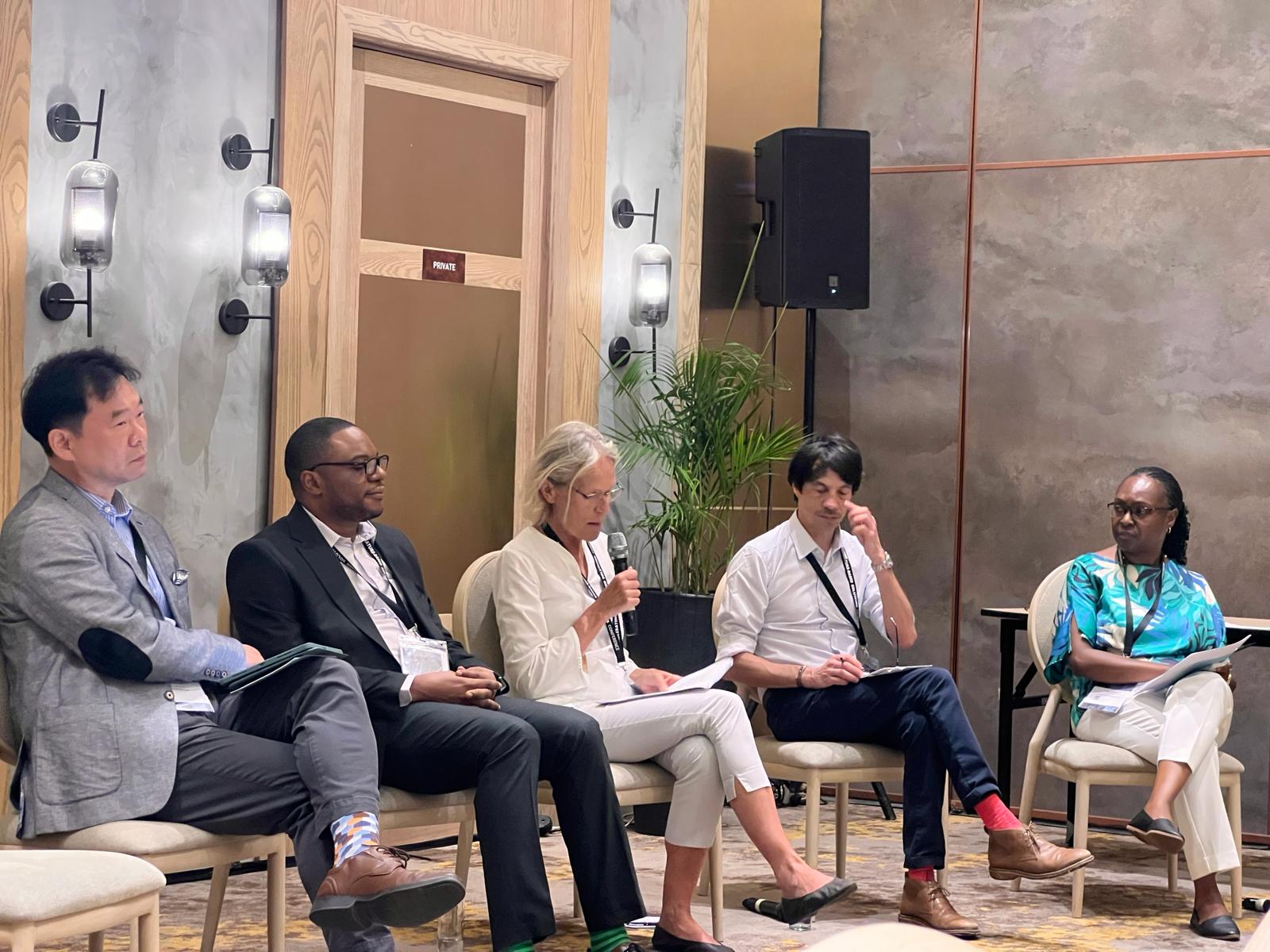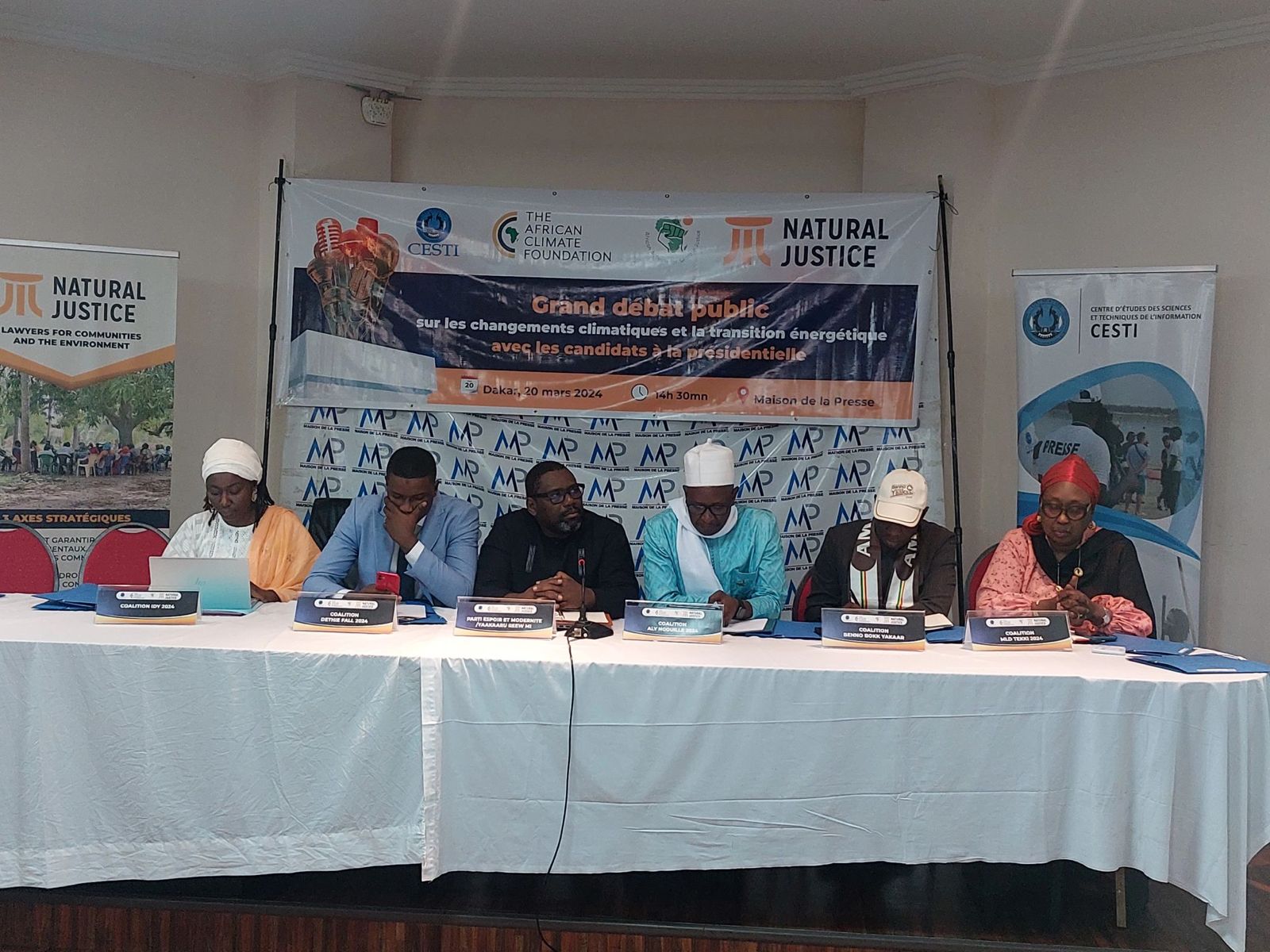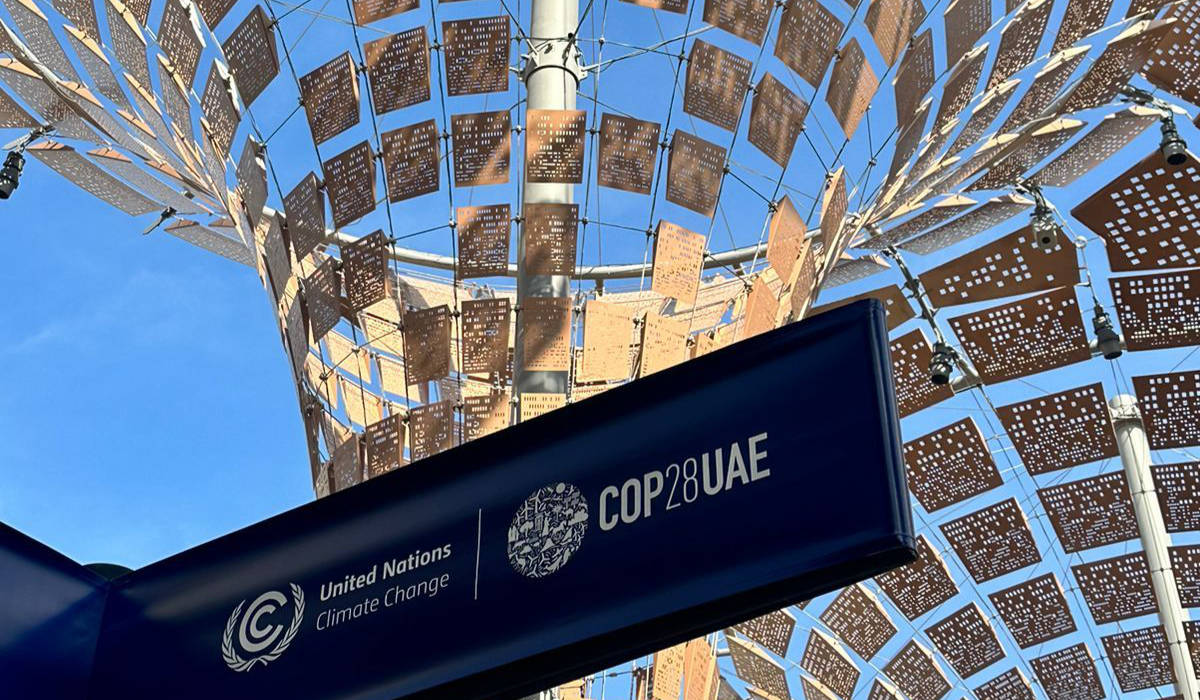Africa’s climate policies are critical in battling climate change and implementing the Paris Agreement, and the continent is viewed as a powerhouse negotiating bloc at the annual global climate talks.
As the United Nations’ climate talks in Glasgow head into their second week, and countries’ pledges to cut emissions take centre stage, Africa’s contributions have come under the microscope.
Each country’s Nationally Determined Contribution (NDC) or national climate plans plays a big role in trying to keep warming below the 1.5 degree target COP26 has set.
South Africa has been hogging the limelight this week with an ambitious NDC target, that it hopes to achieve as a result of the watershed multibillion-dollar climate finance deal, but the rest of Africa’s voice is also crucial at the talks.
“The Africa group, as a negotiating bloc, is one of the most important groups, because all 54 countries are speaking with one voice and together we represent more than 25% of the conversation,” said lead negotiator Tanguy Gahouma-Bekale. “What Africa does matters at the talks.”
Africa is set to benefit from increased climate finance in adapting to climate change and building green economies, and the continent is presenting a united front at the UN’s climate talks in Glasgow to harness more funding for developing countries.
Climate funding will be a key component of COP26 and Africa will be a strong voice to ensure just climate financing that will enable the continent to meet its climate obligations.
Africa’s historical emissions to date have been less than the rest of the world’s. In 2017 African carbon emissions were just 4% of global fossil fuel emissions, even with inclusion of South Africa’s power juggernaut Eskom.
Analysts at law firm Herbert Smith Freehills said that, if scientists’ current projections pan out, Africa’s emissions may rise by 30% in the next decade, and these increased emissions will fly in the face of the Paris Agreement.
More than 80% of Africa’s emissions are produced by its most developed countries, analysts Peter Leon, Justine Sweet and Ernst Müller said in a research note compiled by the firm. They said the continent’s emission levels would notably be reduced if these 10 countries, which include South African and Nigeria, developed and implemented carbon emission reduction policies.
African countries have been firm in climate change negotiations that they would only be able to achieve its commitment if they were able to secure the necessary funding promised by the developed world.
But how do some of Africa’s climate change policies measure up? And what targets have they committed to as their Nationally Determined Contributions (NDC) to battle climate change?
Kenya
Kenya is one of the leading African jurisdictions when it comes to developing and implementing measures to combat climate change.
In response to its commitments under the Paris Agreement, Kenya promulgated its forward-thinking climate change act back in 2016 and was lauded for incorporating the need for public and private entities’ responses into their day-to-day activities.
“The Kenyan act provides also for action to be taken against people who have acted in a manner that has or is likely to adversely affect efforts towards mitigation and adaptation,” Herbert Smith Freehills said.
Kenya was also the first to submit its NDCs, which undertook to reduce greenhouse gas emissions by 30% by 2030. It resubmitted new targets in December last year, which committed the country to reducing emissions by 32% by 2030.
The Kenyan Parliament also plays an active role in advancing the implementation of national climate actions, Herbert Smith Freehills said.
Democratic Republic Of The Congo (DRC)
The DRC ranks as a Least Developed Country, urgently needing development. Thus its NDCs can only commit the country to a 17% reduction by 2030 in emissions. Herbert Smith Freehills estimates suggest that the DRC requires at least $21.6 billion to meet its targets.
As part of its strategy the government has sought to make the most of the country’s natural resources, which include the world’s second largest tropical rainforest. The rainforest is an important buffer against climate change and is a major carbon sink, but is under threat with more than 300,000 hectares of forest lost between 2010 and 2015.
In 2019, the DRC’s environmental ministry and the UN Development Programme in 2019 launched a Green Climate Fund for the country, focusing on medium-term investment for adaptation in climate-sensitive sectors in the country.
Angola
Angola only ratified the Paris Agreement in November 2020, but it has some of the most ambitious targets for transition to low carbon development in Africa, Herbert Smith Freehills noted. In May 2021 in its revised NDC submission, Angola confirmed unconditional commitment to reducing up to 14% of its emissions and conditionally committed to an additional 10% reduction by 2030.
“Largely because of its reliance on the hydrocarbon industry, Angola’s NDCs have been met with some scepticism,” Herbert Smith Freehills noted.
Angola has set a five-year goal to reduce carbon intensity in the production of electricity. Its plan is to develop large hydroelectric plants capable of producing 78%of the country’s electricity.
But it seems that Angola is big on promises, and small on delivery. Herbert Smith Freehills said there has been little governmental intervention to date, and Angola’s efforts to become Paris Agreement-compliant have been criticised as being purely symbolic.
“There is no domestic system to track the implementation of its NDCs and data on the country’s actual emissions is often dispersed, incomplete and difficult to collect.”
Ghana
Herbert Smith Freehills found Ghana to be one of Africa’s pioneers in respect of its NDC revision process. Ghana’s first NDC submission stated that by 2030 greenhouse gas emissions would be unconditionally lowered by 15% and, subject to provision of external financial support, conditionally lowered by an additional 30%.
“Ghana could therefore achieve a reduction of 45% of its emissions should financing become readily available,” Herbert Smith Freehills noted.
The country’s plan stated that financial support would be needed in the form of international private capital investments or bilateral and multilateral funds.
In September 2020, Ghana was granted $54.5 million from the Green Climate Fund to help communities in Northern Ghana with climate adaptation efforts.



